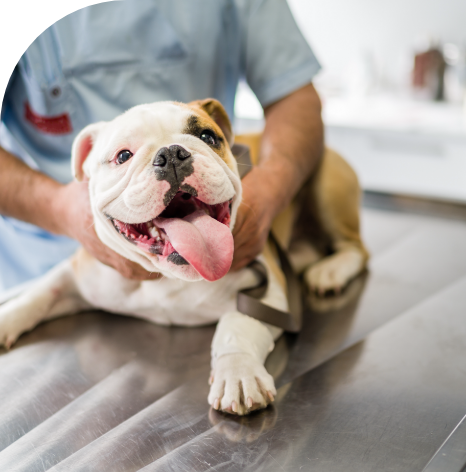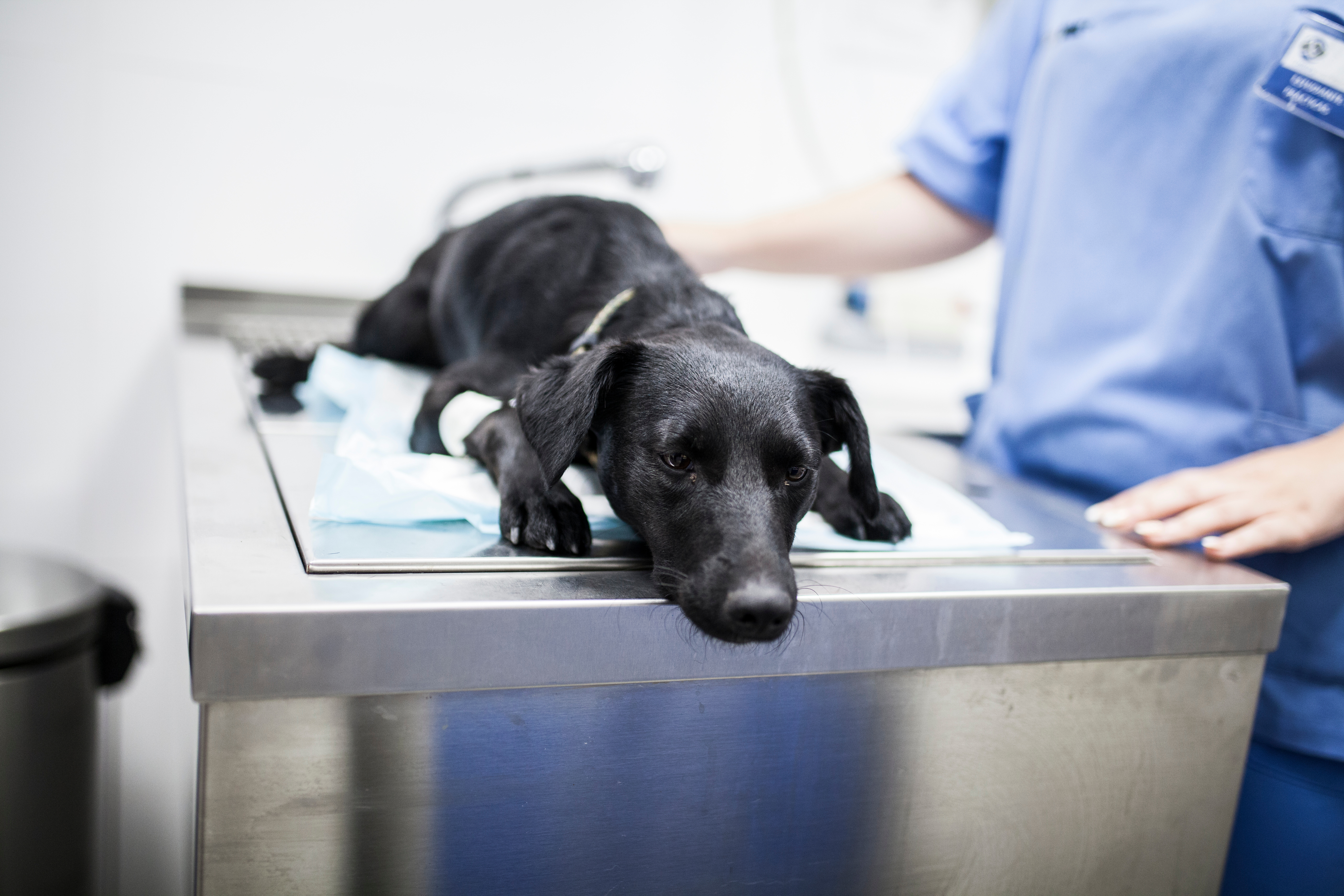Home | Surgeries | Abdominal Surgery
Abdominal Surgery
Abdominal Surgery for Pets in Michigan
At Canton Animal Hospital, we offer advanced abdominal surgeries for dogs and cats, treating a variety of conditions affecting the stomach, intestines, liver, spleen, and other internal organs. Whether your pet requires surgery for an obstruction, tumor removal, or a life-threatening emergency, our experienced veterinary team provides precise diagnostics, expert surgical intervention, and comprehensive post-operative care to ensure the best possible outcome.
Using state-of-the-art imaging and minimally invasive techniques, we perform abdominal surgeries with the highest level of safety, reducing recovery time and discomfort for your pet.
Signs Your Pet May Need Abdominal Surgery:
Persistent vomiting or diarrhea
Difficulty urinating or blood in urine
Loss of appetite and significant weight loss
Distended or bloated abdomen
Lethargy and weakness
Visible masses or abnormal swelling
Sudden pain or discomfort in the abdomen
Common Abdominal Surgeries We Perform
Foreign Object Removal (GI Obstruction Surgery) – Safe extraction of ingested objects causing intestinal blockages.
Gastric Dilatation-Volvulus (GDV) Surgery – Emergency stomach surgery to treat life-threatening bloat in large breed dogs.
Intestinal Resection & Anastomosis – Removal of diseased or damaged sections of the intestines and reconnection for normal function.
Liver & Gallbladder Surgery – Procedures to treat liver tumors, bile duct issues, and gallbladder disease.
Splenectomy (Spleen Removal) – Surgical removal of the spleen due to tumors, trauma, or disease.
Bladder & Kidney Surgery – Treatment for bladder stones, kidney tumors, and urinary tract issues.
Hernia Repair – Correction of umbilical, inguinal, or diaphragmatic hernias.
Abdominal Tumor Removal – Safe excision of cancerous and non-cancerous growths from the abdominal cavity.
Feeding Tube Placement – Surgical placement of feeding tubes for pets requiring nutritional support.
Post-Surgery Care & Recovery
Restricted Movement & Rest – Keep your pet calm and limit activity to aid healing.
Pain Management & Medication – Administer prescribed medications for pain control and infection prevention.
Incision & Wound Monitoring – Regularly check for swelling, redness, or discharge.
Dietary Modifications – Gradually reintroduce food with easy-to-digest meals as recommended by your veterinarian.
Hydration & Nutritional Support – Ensure proper water intake and follow special dietary guidelines if needed.
Follow-Up Examinations – Regular checkups to assess healing progress and adjust care if necessary.
Featured Resources

We Welcome New Patients!
We're always happy to give your furry friend care at our hospital. Get in touch today!
Contact UsWhy Choose Canton Animal Hospital for Pet Surgery?
Experienced Veterinarians – Our skilled team specializes in precise, minimally invasive surgical techniques.
Advanced Surgical Technology – We use modern diagnostic tools such as ultrasound and digital X-rays for accurate assessments.
Comprehensive Pre-Surgical Care – Thorough evaluations, bloodwork, and imaging ensure optimal surgical outcomes.
Safe Anesthesia & Pain Management – We prioritize your pet’s safety with customized anesthesia plans and post-surgical pain relief.
Personalized Recovery Plans – Dedicated aftercare, including post-operative monitoring and at-home care instructions.
Schedule a Veterinary Respiratory Surgery Consultation
If your pet requires abdominal surgery, trust Canton Animal Hospital to provide expert surgical care with compassion and precision.
Call us today or Book an Appointment Online to discuss your pet’s respiratory health.
Common Abdominal Surgeries We Offer


Foreign body removal surgery safely extracts swallowed objects from a pet’s stomach or intestines, preventing blockages, pain, and life-threatening complications.
Cystotomy is a surgical procedure to remove bladder stones in pets, relieving pain, restoring normal urination, and preventing urinary blockages.
Nephrectomy is a surgical procedure to remove a diseased or damaged kidney in dogs and cats, improving health and preventing life-threatening complications.
Splenectomy is a surgical procedure to remove the spleen in pets with tumors or rupture, preventing internal bleeding and improving overall health.
Pyometra surgery is a life-saving procedure that removes an infected uterus in dogs and cats, preventing sepsis and restoring health.
Gastropexy is a lifesaving surgery that prevents gastric dilatation-volvulus (GDV) or bloat in dogs. Protect your pet from this life-threatening condition.
Megacolon surgery in cats relieves chronic constipation by removing the diseased colon. Learn how this procedure restores comfort and improves quality of life.
Gallbladder mucocele surgery in dogs removes the obstructed gallbladder to prevent rupture and infection. Early treatment improves recovery and long-term health.
Adrenalectomy is a surgical procedure to remove adrenal gland tumors in dogs, preventing hormone imbalances and life-threatening complications.
A C-section in dogs and cats is a lifesaving surgery to safely deliver puppies or kittens when labor complications arise. Ensure a healthy birth for your pet.
We treat life-threatening conditions such as trauma, torsion, and severe infections. Trust our expert team for fast, compassionate care.
Related Articles about Surgeries
Is your pet scheduling surgery soon? Explore our resource center for additional articles that may be of interest.
Featured Resources

We Welcome New Patients!
We're always happy to give your furry friend care at our hospital. Get in touch today!
Contact Us




